We need more history, not less.

A blog post by Chris Sniezek, Manager (Esther’s Place). To read more posts from Chris, click here.
Sorry everyone, no shop update today outside of having new items up on the website including Mah Jongg and Space items. Instead, today, I want to speak from my heart about a topic that is very important to me: History.
For the past fifteen years of my life I have surrounded myself with it. I have antiques carefully stored in glass cases in my room and literally hundreds of books and papers regarding a range of topics scattered across the house. The hobbies which take up my day and the research I conduct is rooted in my love for history. History is everywhere for me. So much so that I have chosen to surround myself at work with history by working at JMM.
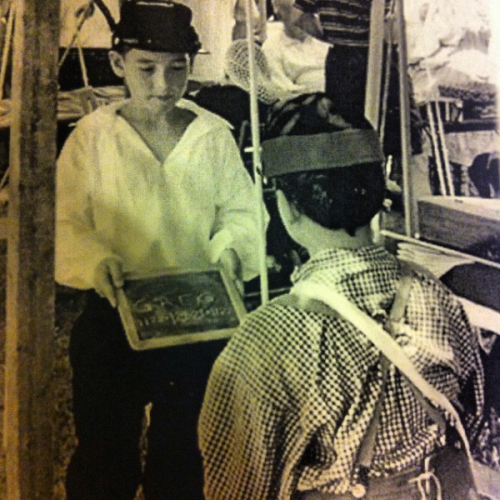
I have always been conscious that we live through “historical moments” each and every day and now our current historical moment seems more apparent than I, personally, have ever seen in my lifetime. The nation is in the midst of a pandemic that has left millions unemployed. We are witnessing social unrest not seen since the Civil Rights Movement. The nation is polarized by partisan politics, and all this worsened by an information crisis we still do not entirely know how to combat. The recent report noting how 10% of young Americans believe Jews caused the Holocaust and another 15% think holding neo-Nazi views is acceptable is only a byproduct of this crisis.
The recent executive order by the president to eliminate race and sex stereotyping training within the federal government based on the idea that America is an inherently non-racist country, only compounds the crisis and the push for the 1776 Commission is based in historical nihilism. The idea that American children are being “fed hateful lies about this country” because historians are engaging a broader American past that is no longer a euro-centric narrative, which teachers then incorporate into their classrooms, does more to harm the growth of the country than the supposed “ideological poison” that is the 1619 Project and critical race theory[1].
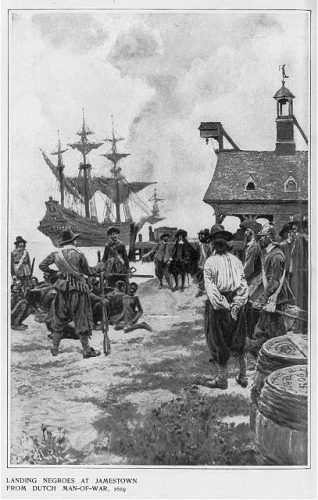
African Americans were originally brought over to the New World as a labor source and white colonists made no attempts to hide that fact. Instead, they codified separation that outlived the next dozen generations. In the 1660s-1670s, both Maryland and Virginia passed laws banning interracial marriage, interracial sexual relations, and deprived African Americans of property rights. In 1669, Virginia passed a law which made it illegal for a master to free their slave unless that slave afterwards left the colony, while loosening restrictions on indentured servitude. Similar laws followed suit in other slaveholding colonies. According to historian Edmund Morgan, it was the establishment of these slave laws which helped solidify white colonists as a racially equal group despite differing economic status.
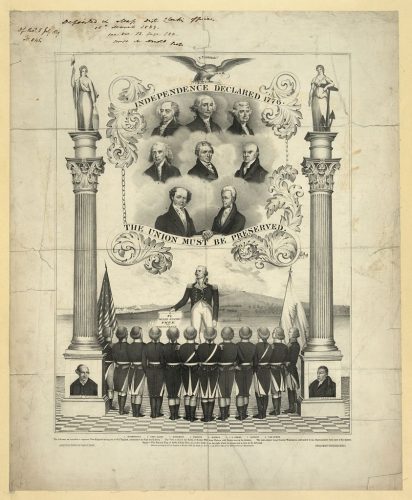
The American Revolution and the establishment of the Constitution had the ability to correct these unjust laws and prove that “that all men are created equal.” Instead, it was not “this belief in the inherent equality of every individual that inspired the Founding generation to risk their lives, their fortunes, and their sacred honor to establish a new Nation, unique among the countries of the world” because African Americans, women, Native Americans, Jews, and Catholics (in some states) were not granted that inherent equality.
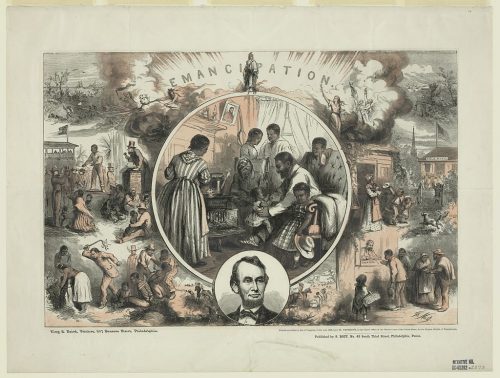
If the inherent equality of every individual was true, we would not have fought a Civil War over the institution of slavery and status of African American citizenship. The Confederacy seceded because they believed, as vice-president Alexander Stephens proclaimed in 1861, the seceding government should be “foundation[ally] laid [upon the] corner-stone… truth, that the negro is not equal to the white man; that slavery—subordination to the superior race—is his natural and normal condition.” Women would have received the right to vote in 1789 rather than 1920 and the Equal Rights Amendment would have been ratified rather than struck down in the 1970s. The over 370 treaties between Native American tribes and the federal government would not have been broken (all but one by the US government) as American settlers moved westward, but instead fostered intercommunal growth between the two peoples, creating strong allies.
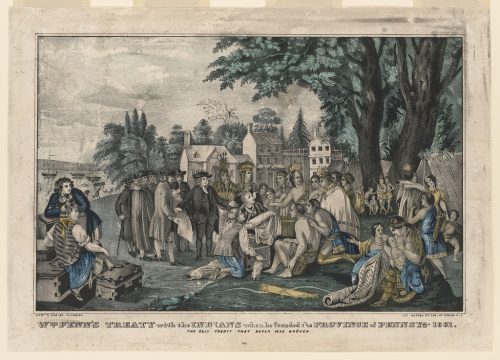
Not teaching the United States’ inherent bias and anti-Semitism (think about the anti-Jewish laws of the 19th century or the M.S. Saint Louis incident in 1939) demonstrates the inability to recognize the hypocrisy of a merit system constructed by successful eighteenth century landholders predominantly of English decent and perpetuated through racialized language.
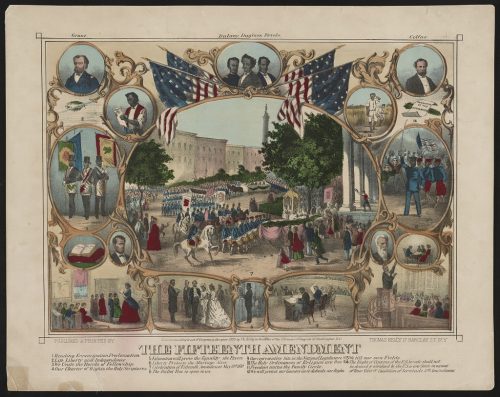
This is not to say we haven’t changed as a country though. We are constantly changing. After the Civil War, the ratification of the 13th, 14th, and 15th amendments were designed to foster legal equality. However, Jim Crow Laws made that legal equality unattainable until largescale social unrest spurred by the Civil Rights Movement. The Zoot Suit riots of the 1940s underscored the racial tensions between police officers and non-conforming minority groups, similar to the Stonewall riot in 1969. Educating students (including adults) about all aspects of American history, not just those which make us feel good, is a truly patriotic education. Accepting the faults of the country’s history as a learning opportunity only strengthens us, because we can take the steps necessary to fix the situation rather than have that gap exploited.
Rather than memorializing and idolizing American history as fundamentally flawless and patting ourselves on the back for turning a blind eye to the systems which prevent communal growth, the only way to grow as a country, and to begin putting this current tumultuous historical moment behind us, is to broaden our scope of education, not narrow it. We all need to take up the torch of education. We need to teach the tough history. Teach the uncomfortable history. We need more history, not less.
[1] Critical race theory evolved out of the 1970s Civil Rights Movement to question the foundation and invocation of liberal order, equality theory, legal reasoning, constitutional law, and enlightenment rationalism as statically unquestionable.

1 reply on “We need more history, not less.”
Well said! Thank you for addressing this issue.